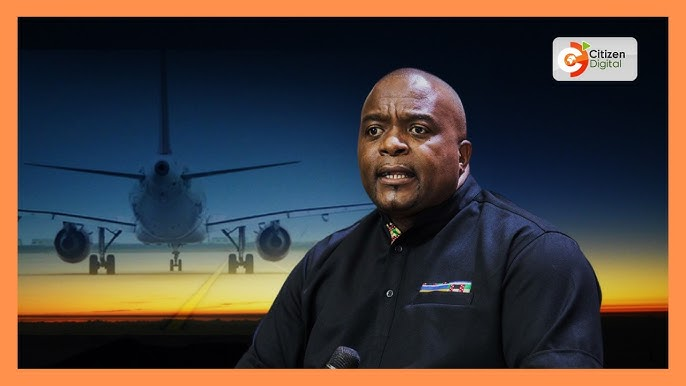Improve the quality of policing before the next General Elections
- Irungu Houghton

- Aug 22, 2021
- 3 min read
Updated: Sep 4, 2021

Friday’s Appellate court ruling that the attempt by the Building Bridges Initiative to amend the constitution was itself unconstitutional, is unequivocal. The sober reactions of politicians probably signals the end of road for the Initiative.
The ruling comes in the wake of two bloody weeks and widespread concern about the quality of policing over August. Security sector reform and human rights-based policing were one of the fingers in the 2018 handshake and BBI reforms. How can we retain this focus ahead of the 2022 General Elections?
The widespread feeling that not all are equal under the law, partisan use of security agencies against political opponents and public lawlessness were the three major triggers for electoral violence in 2008 and 2017. Twelve months to the next election, these triggers have not been significantly disabled.
Kianjokoma and Mathare offer two recent contrasting experiences. Millions tweeted and hundreds publicly protested to demand justice for the Ndwiga brothers of Kianjokoma. Millions closely followed the reaction of the National Police, Independent Policing Oversight Authority, Director of Public Prosecutions, and the Interior Ministry leadership. We watched the funeral and continued to demand justice. With one week, two commanders were transferred, and six officers fired and prosecuted in court of law.
Tragically, Kianjokoma has become a verb for the families of seven other citizens killed by police officers in Nairobi’s informal settlements also. “We too have been kianjokomad” is their cry. Teenager Nyamai of Bondeni (14), Musula (20s), Ian Mutiso of Mlango Kubwa (21), and four others were killed by police officers in one week. Like the Ndwiga brothers, there is no evidence that the eight were killed resisting arrest. Unlike the brothers, there was no trending hashtag, no full names, livestreamed funerals, internal investigations, arrests, or transfers. No lawyers or psychosocial counsellors leaped to offer pro bono services to the affected families.
Mathare community organiser Stoneface Bomba, himself a victim of Ian Mutiso, put it powerfully this week, “While criminal suspects in other parts of the city are arrested and jailed, police kill the “disposable” young men of the ghetto. Mutiso committed crimes and even personally attacked me. But he never deserved to be born into a system that does not care for poor people or to be killed by the people whom we expect to protect us. Mutiso did not deserve to be extrajudicially executed.”
The opportunity for BBI to have decisively transformed the security sector may be over, but the problems remain. We must demand that all follow the public health guidelines but those who are arrested must be treated equally, humanely, and have the right to representation, bail, and their moment in court. Mask and curfew violations are misdemeanours not death sentences.
We must empower citizens to provide actionable intelligence to IPOA, KNCHR and human rights organisations. While recognising the responsiveness of the Internal Affairs Unit in the case of the Kianjokoma brothers, the police must not police itself in cases of serious human rights violations. This must remain the preserve of the IPOA. The Office of the President and Interior Ministry must maintain the level of urgency and policy oversight for all. Police custody and stations cannot be spaces for extortion, torture, and violence and our officers must not become executioners.
Kianjokoma has set a new standard for consequence management and the baseline below which we must not fall.
This opinion was also published in the Sunday Standard on 22 August 2021




Comments